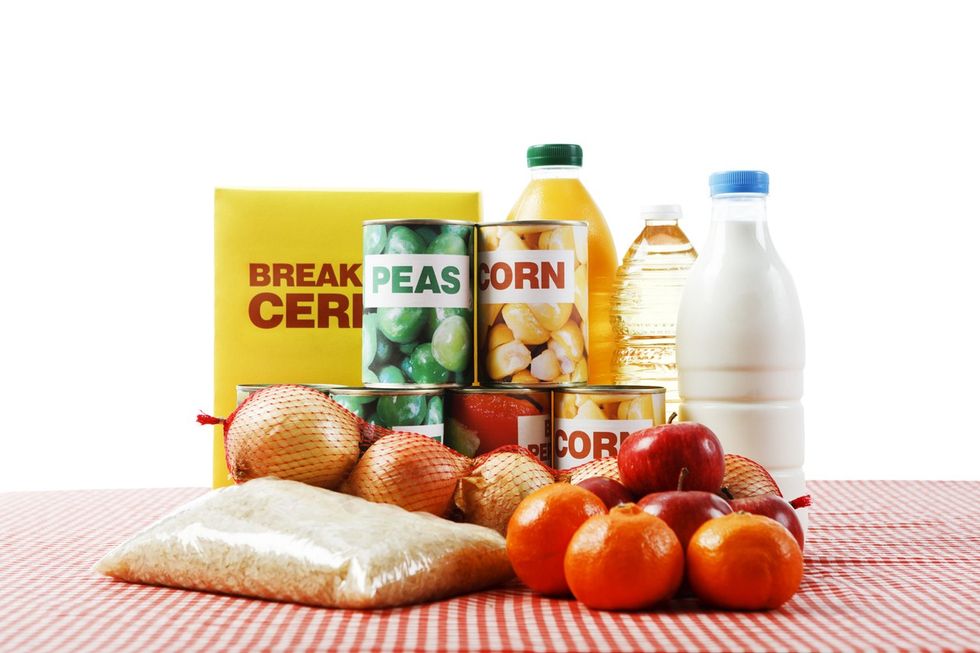According to the World Health Organization (WHO), infertility is a pressing public health concern affecting approximately 48 million couples and 186 million individuals globally. One significant contributing factor to infertility is the presence of endocrine disruptors (EDs), which have become increasingly worrisome with societal advancements.
These chemicals, commonly utilised in the food industry, infiltrate the food chain and directly impact human health by interfering with normal hormonal action, metabolism, and biosynthesis. Consequently, disruptions in hormonal homeostasis can occur, leading to various reproductive health issues, particularly in females.
Research has highlighted the association between endocrine disruptors and diseases linked to female infertility, such as polycystic ovary syndrome, endometriosis, irregular menstrual cycles, and disturbances in processes like steroidogenesis and ovarian follicle development.
Several groups of chemicals, including bisphenol A, phthalates, dioxins, organochlorines, and organophosphate compounds, are recognised for their endocrine-disrupting properties. Studies, both in vivo and clinical trials, have explored the effects of these chemicals on female infertility and potential mechanisms of action.
The lifestyle changes witnessed in individuals and societies, alongside increased exposure to endocrine-disrupting chemicals from agricultural and industrial sources, underscore the urgency of addressing this public health issue. Efforts to mitigate exposure to these harmful substances are imperative to safeguarding reproductive health in females.
In the realm of reproductive health, environmental factors are increasingly recognised as significant contributors to fertility issues. In India, where infertility affects a substantial number of couples, environmental factors are emerging as pivotal concerns affecting reproductive health directly and indirectly.
Endocrine-disrupting chemicals (EDCs) are omnipresent, found in everyday items like food packaging, cosmetics, and additives. They adversely affect the female reproductive system, leading to complications such as miscarriages, endometriosis, and diminished egg quality and quantity.
Recent research from Scandinavia has unveiled a correlation between persistent pollutant levels in tissues and a woman’s ovarian reserve, underlining the impact of EDCs on female fertility. Moreover, studies indicate that male exposure to EDCs can disrupt normal testicular structure and function.
Bisphenol A (BPA), for instance, has been associated with reduced sperm quality, likely due to its estrogenic and anti-androgenic properties, while exposure to phthalates is linked with conditions like hypospadias, cryptorchidism, and the onset of testicular cancer.

These substances pose reproductive health risks originating from biological, physical, and toxic sources. Some key ones include:
Air Pollution: Despite its well-documented health implications, the effects of air pollution on fertility remain relatively obscure. Research links higher levels of air pollution to male fertility issues such as abnormal sperm morphology, decreased motility, and DNA fragmentation. Women exposed to air pollution may experience adverse reproductive outcomes, including preterm delivery, miscarriage, and stillbirth.
Pesticides: The widespread use of pesticides in agricultural areas, notably in India, raises concerns about their impact on fertility. Research suggests that pesticides can lead to sperm abnormalities, reduced fertility, poor egg quality, and ovulation problems.
Chemicals: Everyday products like cosmetics and cleaning agents contain chemicals such as phthalates and parabens, which are associated with reproductive health issues. Parabens, for example, can disrupt hormone activity by mimicking estrogen, affecting fertility rates in both males and females.
Metals: Heavy metals like lead, mercury, and cadmium, commonly found in various products, pose risks to reproductive health. Lead exposure, prevalent in batteries, paints, and pipes, may impact sperm quality in men and lead to irregular menstruation, preterm delivery, miscarriage, and stillbirth in women. Mercury, another common element in thermometers, batteries, and industrial emissions, poses significant risks to reproductive health.
Precautionary Measures to Mitigate Environmental Impact:
In today’s increasingly polluted environment, adopting a healthy lifestyle and minimizing exposure to harmful chemicals is paramount. Prioritise consuming organic foods and avoid processed options.
Steer clear of products containing Teflon or similar coatings, opting instead for reusable bottles made of stainless steel or glass. Refrain from microwaving food in plastic containers, and choose unscented or natural alternatives when selecting personal care products.
Following these precautions can help minimise the adverse effects of environmental disruptors on fertility health.




